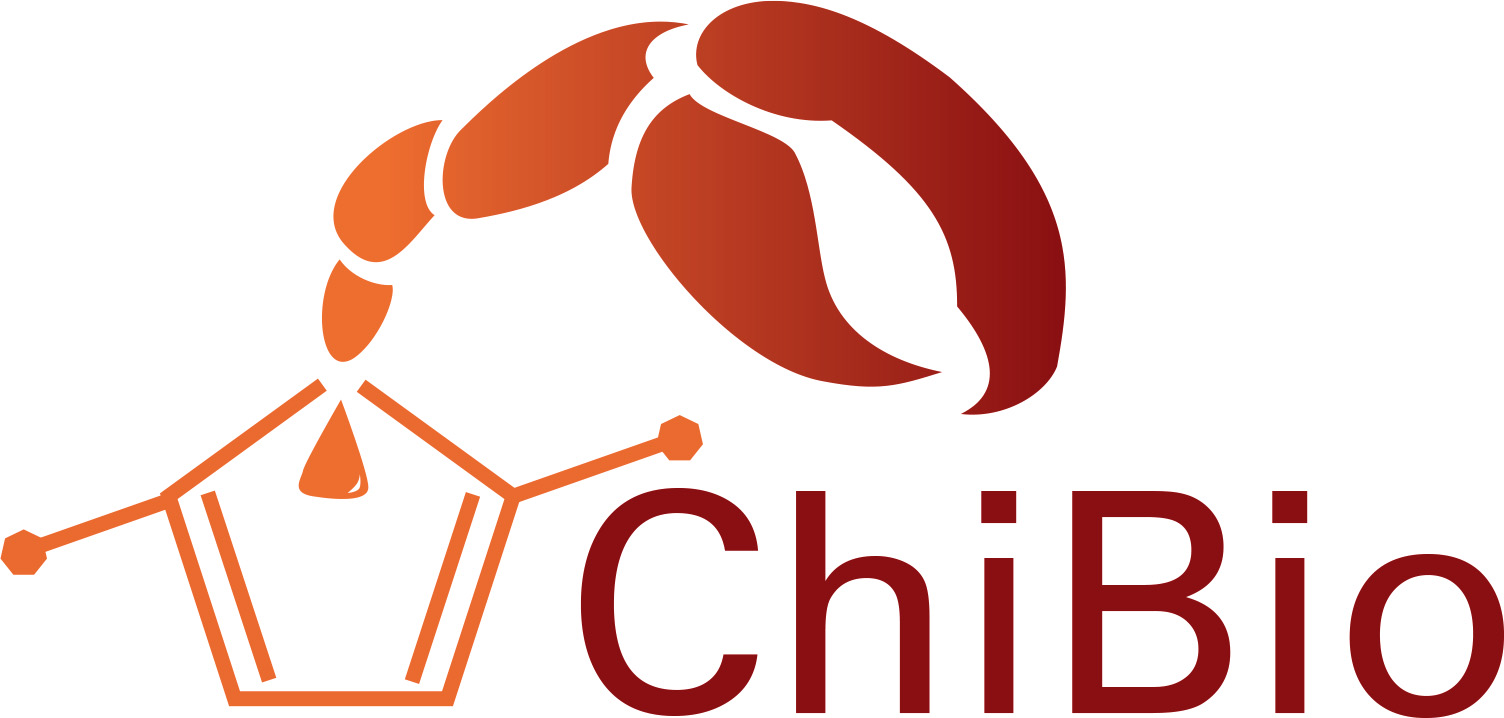Background: Resource Efficiency
Resource efficiency is a yardstick for evaluating production processes that applies not only to the use of renewable raw materials on land but also to marine products. This includes the holistic use of marine products and the waste streams resulting from the production of food. The recycling of crustacean shells, for example, offers an opportunity to avoid waste and at the same time provide a platform for the synthesis of basic chemicals due to the high annual volume and the promising ingredients. A promising ingredient is chitin, which is the second most abundant naturally occurring polysaccharide in the world after cellulose. In East Asian countries, chitin is already being converted into chitosan in order to produce foils, filters or membranes.
Enzyme toolbox for chitin degradation
Within the project, the working group "Industrial Biotechnology" dealt with the development of an enzyme toolbox for the degradation of chitin into its oligo- and monomers. The hydrolysis of chitin was carried out with chitinases that were secreted into the supernatant during the cultivation of microorganisms. Our group had previously identified two microorganisms in a selection and enrichment process that had the ability to use chitin as substrate. The enzyme cocktail secreted by the microorganisms was separated and could therefore be used for chitin hydrolysis.
In order to be able to produce the enzymes later in a different host strain with a higher titre, the sequences must be known. Therefore, the genome of both microorganisms was first sequenced. In-silico investigations resulted in the identification of more than 20 relevant enzymes with a high homology to chitin-binding domains. The enzymes can now be used separately for the targeted degradation of chitin.
Process for the repeated use of enzymes
For further biotechnological and chemical processing of the fission products, these should be available in a high degree of purification. In addition, there is the demand to develop an economical production process that is scalable and thus does not create a dead end on the way to the commercial process. Therefore, members of our research group have developed a process that enables the repeated use of chitinolytic enzymes, increases the activity of the enzymes and at the same time guarantees in-situ product separation. In addition to the application for the degradation of chitin, this process can also be transferred to other non-soluble natural substances such as cellulose.

 Fraunhofer Institute for Interfacial Engineering and Biotechnology IGB
Fraunhofer Institute for Interfacial Engineering and Biotechnology IGB